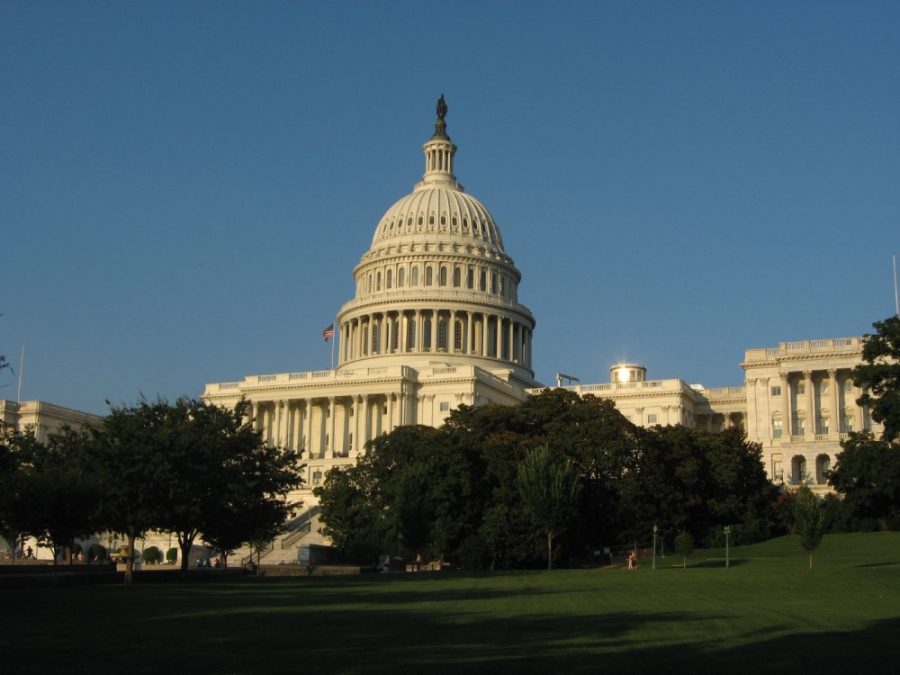Only days after the government shut down at midnight on Friday, the U.S. Senate has voted to advance a stopgap spending measure. It would allow the government to temporarily resume it’s work.
The funding agreement will last just three weeks, until Feb. 8. The move to advance the measure was approved overwhelmingly, with a vote of 81-18. The final bill still has to moved once more through the Senate and the House and been signed by President Donald Trump.
Senate Minority Leader Charles Schumer (D-N.Y.) and Senate Majority Leader Mitch McConnell (R-Ky.) reached an agreement in regards to the measure. In exchange for Democrats providing enough votes to advance the bill, McConnell said that the “Senate will immediately proceed to consideration of legislation,” to protect Dreamers if no immigration deal with reach before Feb. 8.
However, this move is already being criticized by Democrats and Liberals. “Any plan to protect Dreamers that relies on the word of serial liars like Mitch McConnell, Paul Ryan or Donald Trump is doomed to fail.” Murshed Zaheed, the political director for the social change organization CREDO, said.
“Now there is a real pathway to get a bill on the floor and through the Senate. It is a good solution and I will vote for it.” Schumer said in defense. Democrats originally demanded that Republicans agree to an outline of a deal that would replace the Deferred Action for Childhood Arrivals (DACA) and protect Dreamers.
“The Democrats are turning down services and security for citizens in favor of services and security for non-citizens. Not good!” President Trump tweeted in response.
One guarantee is offered by the bill. It includes a measure to continue funding the Children’s Health Insurance Program (CHIP) for six more years. Around 20 states were bracing to run out of funding, affecting millions of children, if congress did not reach an agreement by Feb. 1.
Despite this measure, confidence in congress is running low. Tucson Councilman Steve Kozachik said that, in three weeks, the government will be in the same place it is now due to congress’ inability to work together. “With this uncertainty, we don’t know what’s going to happen. Everything is still on the table,” he said.
Potential effects for the University of Arizona include grants and research funding, the status of Dreamers, study abroad possibilities and academic resources.
Of the 18 who voted against, there were 15 democrats and two republicans. Bernie Sanders, an independent, voted against.
The bill was signed by Trump later in the evening, keeping the government open until Feb. 8.









